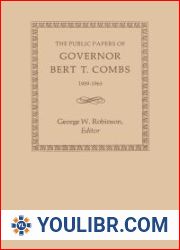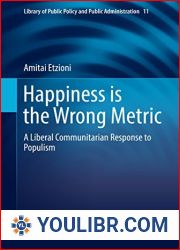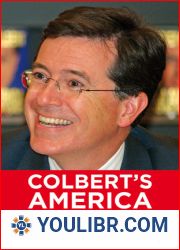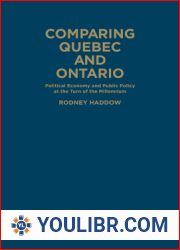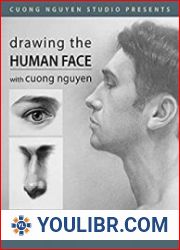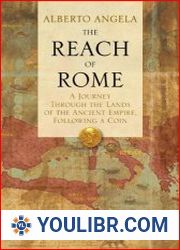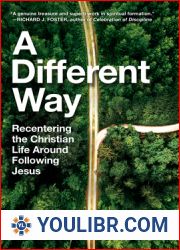
BOOKS - Following the Cultured Public's Chosen One: Why Martensen Mattered to Kierkeg...

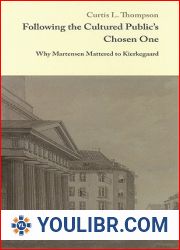
US $8.59

868788

868788
Following the Cultured Public's Chosen One: Why Martensen Mattered to Kierkegaard (Volume 4) (Danish Golden Age Studies)
Author: Curtis L. Thompson
Year: September 3, 2008
Format: PDF
File size: PDF 1.8 MB
Language: English
Year: September 3, 2008
Format: PDF
File size: PDF 1.8 MB
Language: English
Soren Kierkegaard never shared the cultured public?s enthusiasm for Hans Lassen Martensen, whom it identified as its chosen one. This volume examines the Kierkegaard-Martensen relationship, establishing ways in which the speculative theologian Martensen was a source for Kierkegaard?s thought. Kierkegaard?s relationship with Martensen was multidimensional and volatile. He functioned as Kierkegaard?s personal acquaintance and occasional conversation partner, tutor, teacher, dissertation committee evaluator, representative of Golden Age Danish culture, book writing and selling competitor, fellow Lutheran and bishop. While the two never saw things eye-to-eye, and Kierkegaard?s dislike for Martensen received expression in his writings, this spiteful ridicule and derision was directed toward one upon whom Kierkegaard was significantly dependent. Kierkegaard?s intellectual life and work underwent extensive development during the two decades of his literary output from 1834 to his death in 1855. These developments can be better grasped by investigating developments that Martensen himself was going through. Martensen?s career progressed from an early concern with philosophy of religion addressed to the public of the academy, to dogmatic theology addressed to the public of the church, to practical theology addressed to the public of society. The questions and issues preoccupying Martensen changed with these progressions, and these changes did not go unnoticed by Kierkegaard. The case is here argued that Kierkegaard followed Martensen?s intellectual development very closely and that Martensen?s shifting theological agenda in fact notably shaped the evolving agenda of Kierkegaard?s own developing religious thought.







